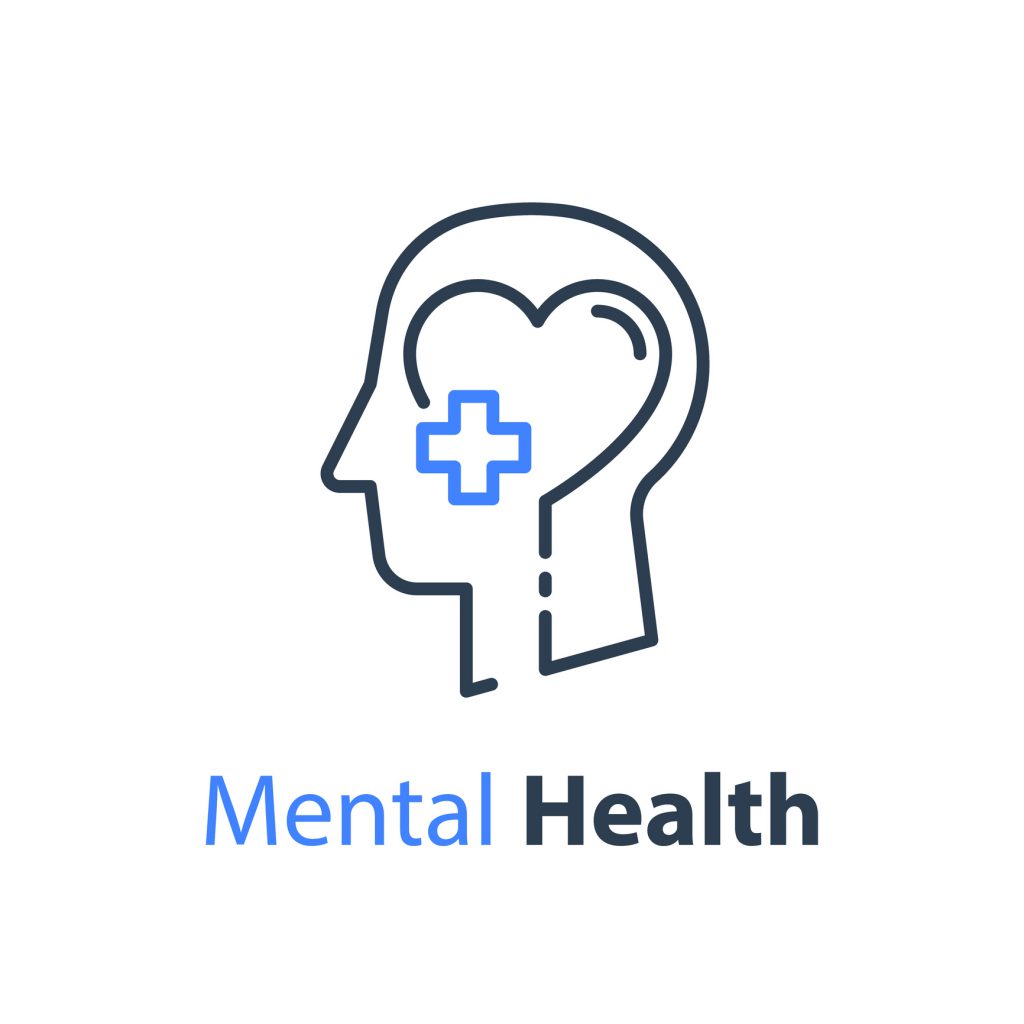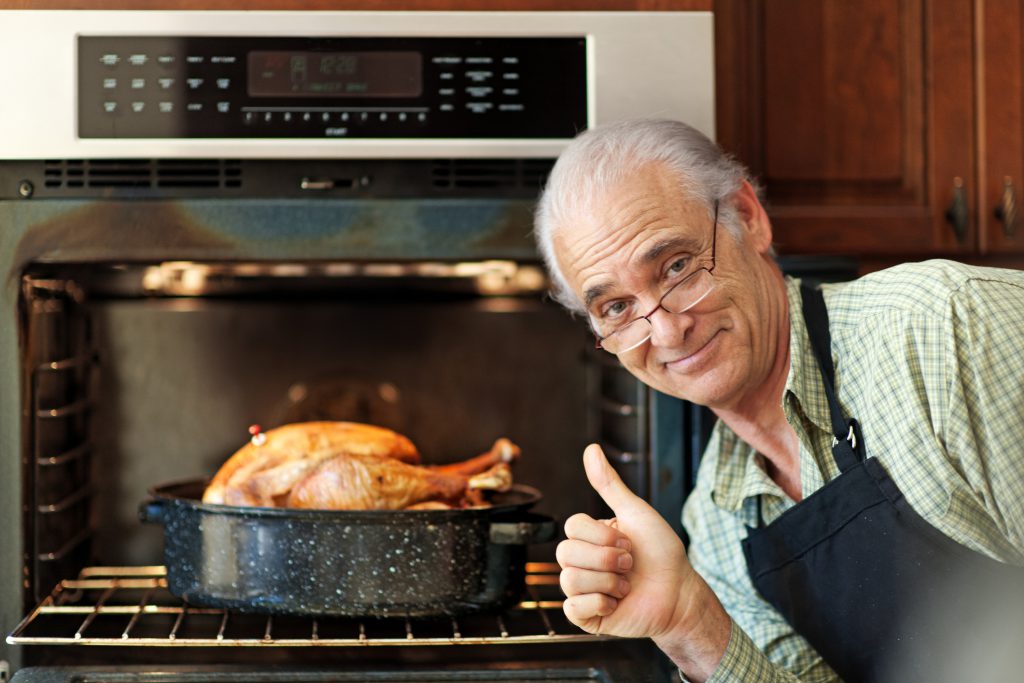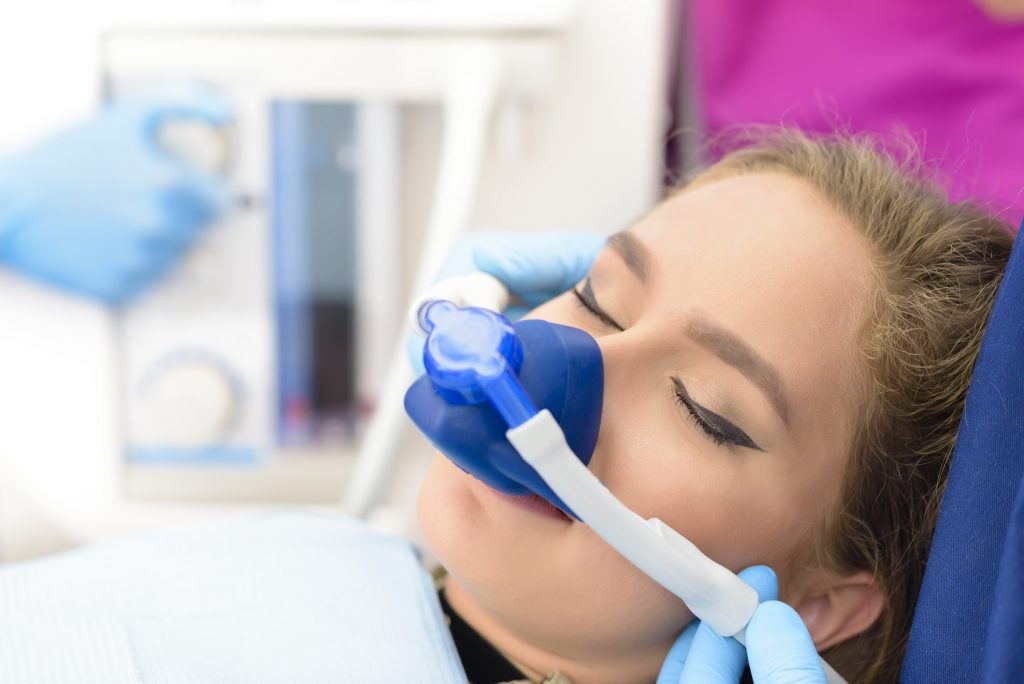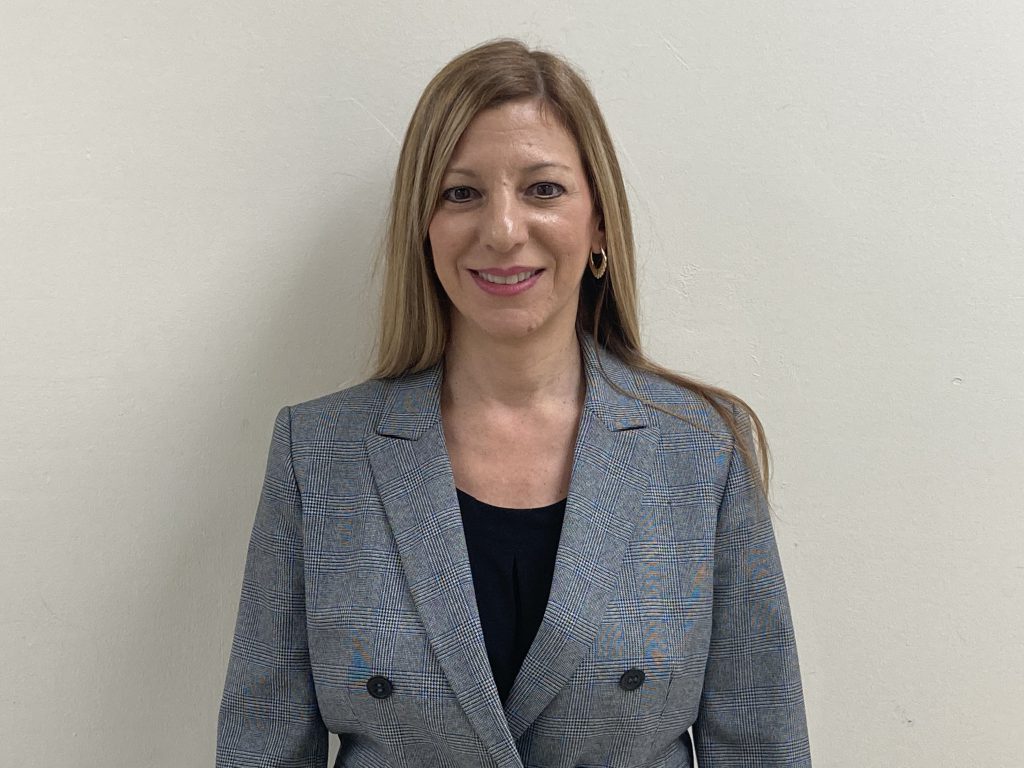For millions of New Yorkers, Thanksgiving is
an important celebration bringing together family and friends over food and
drinks.
Unfortunately, this rich American holiday is
also when Jamaica Hospital Medical Center sees an increase in trauma cases
involving preventable injuries.
Here are some tips to help you stay safe
during this Thanksgiving.
#1 –
Pay close attention to your hands when using cutting tools.
Some of the most common injuries seen during
Thanksgiving involve kitchen cutting tools like knives, mandolins, graters,
blender blades, and peelers. These cutting injuries normally occur when someone
is not paying attention to the placement of their fingers before cutting.
Avoid distractions like talking to others,
watching television, or trying to multitask multiple cooking tasks. Scheduling
your food preparation and cooking times in advance may help reduce stress and
allow you to properly pace yourself.
Keep all sharp objects away from counter
ledges and away from children. When passing cutting tools like knives or
scissors to others, be sure to practice extra caution and ensure the person
receiving the cutting tool has a good handle to prevent dropping it.
When clearing out a blender, make sure it is
unplugged from the wall and pay close attention to the blades.
Mandolins are notorious for fingertip
injuries, so we recommend you refrain from using them unless they offer special
safety features to prevent accidental cuts.
If you are using a peeler, make sure you have
a good handle on the food you are peeling. Some food, such as potatoes and
cucumbers can be slippery and cumbersome to hold.
Lastly, many kitchen sinks have a garbage disposal installed to grind up scraps and other food waste for easy disposal down the drain. Sometimes these garbage disposals can get clogged up. Avoid putting your fingers down the drain. Make sure the electrical switch controlling the garbage disposal is in the “off” position before unclogging the drain.
#2 –
Practice extra caution around stovetops, ovens, hotplates, pots, and pans to
avoid burns.
Treat any cooking surfaces with caution or
assume all pots and pans are hot. Many Thanksgiving injuries involve burns from
handling very hot objects without the proper protection like oven mitts. Be
sure to keep small children away from the kitchen to avoid burning curious
hands.
If your home has an electric stovetop, always
make sure all knobs are in the off position when not in use.
When boiling water or using cooking oil, be
sure to keep a close eye to avoid boil over or accidentally knocking over a pot
or pan.
Look around before opening or closing the
oven, and always using proper protection to avoid burns.
If you or someone does get burned, cool it
down with water. Do not use ice. Cover the burn with an antibiotic ointment.
Don’t use home remedies like butter or lard. If the burn blisters or covers a
large portion of skin, make sure to seek medical attention at an emergency room
or urgent care facility.
#3 – Do
not drink and drive.
One of the more tragic and completely
preventable traumas we see at Jamaica Hospital is a motor vehicle crash due to
drunk driving. While sharing memories and food with alcohol is a staple of a
Thanksgiving dinner, no one should be getting behind the wheel of a vehicle
when they are inebriated.
Drunk driving accounts for nearly 500 deaths
each year during the Thanksgiving holiday.[1] Do not be a statistic. Keep yourself, your
family, your friends, and others on the road safe.
If you see someone at your home over drinking
or inebriated, ask them to slow down. Have your guests’ addresses readily
available ahead of time in case they need to take a cab, Uber, or Lyft back
home.
If possible, have someone your trust in charge
of pouring or mixing drinks for your guests. Having one person keep track of
the number of times someone asks for a refill will help you identify who needs
to be cut off from further indulging in alcohol consumption.
#4 –
Make your home a fall free zone.
If you have older adults visiting for
Thanksgiving, such as grandparents, great-grandparents, or anyone over the age
of 65, be sure to make your home easy to navigate and clutter-free. One in four
older adults age 65 and older experience a fall each year in the United States.
Falls are responsible for most injuries and fatalities in the senior
population.
Some ways to prevent falls in your home are
keeping all pathways clear of wires, books, shoes, or throw-rugs, keeping
hallways and all rooms well illuminated, and checking in with seniors to see
how they feel after dinner as they may feel tired.
We encourage you and your guests to keep a close eye on seniors to notice if they are acting strangely or require assistance getting to a bathroom, walking up or downstairs, or getting up or sitting down at their seats.
#5 –
Follow all instructions carefully when deep-frying a turkey.
In recent years, deep-frying a turkey has
become a more common cooking method on Thanksgiving. While a deep-fried turkey
does sound delicious, it can be dangerous if used incorrectly leading to
serious injuries.
If you do decide to deep-fry a turkey this
year, make sure you are wearing protective gear and wearing flame-retardant
clothing. Wear long sleeves and use safety goggles to prevent oil splatter
injuries.
Only deep-fry a turkey outdoors with plenty of
space – at least 10 feet away from your home and away from any low hanging
branches. The deep-fryer must be placed on a flat and leveled surface away from
flammables. Always have a fire extinguisher on hand in case a fire breaks out.
Follow all instructions carefully when using
the deep-fryer. Do not overfill the deep-fryer with oil. Too much oil can lead
to overflow and splashing, leading to fires or burns. Never leave the
deep-fryer unsupervised. You must make sure your turkey is completely defrosted
before putting it into the deep-fryer. Failing to do so can lead to a fire and
serious injury.
All content of this newsletter is intended for general information purposes only and is not intended or implied to be a substitute for professional medical advice, diagnosis or treatment. Please consult a medical professional before adopting any of the suggestions on this page. You must never disregard professional medical advice or delay seeking medical treatment based upon any content of this newsletter. PROMPTLY CONSULT YOUR PHYSICIAN OR CALL 911 IF YOU BELIEVE YOU HAVE A MEDICAL EMERGENCY.









